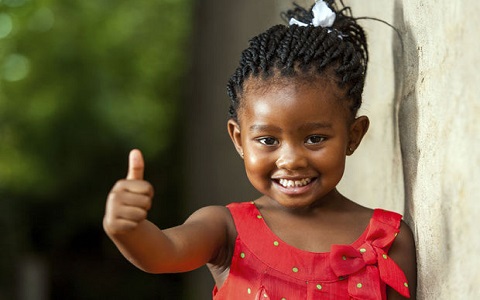

Issues of gender inequality in education have been the subject of many debates during the past decades and have become a prominent topic of debate in all countries.
In Nigeria, there are large disparities between boy/girl education.
More worrisome is the fact that many girls do not have access to adequate education beyond a certain age.
Currently, the female adult literacy rate in the country is put at 59.4 percent in contrast to the male adult literacy rate of 74 percent, indicating that there is a gender dimension to educational attainment and development in Nigeria.
Over the years, significant improvement has been achieved in ensuring access to education such as construction of schools and provision of scholarship to cover enrollment fee.
Despite these, an estimated 77 million children, 55 percent of who are girls are still denied any form of education in Nigeria.
This begs for a review of strategies to include the creation of a conducive environment that would facilitate retention and success of the girl child in the school and in life.
The female child needs to be empowered in order to be future leader, self-fulfilled and model to her community.
Acquisition of knowledge and skills towards achieving these objectives will not be obtained by providing access to education while overlooking socio-economic, political, cultural, infrastructural and human factors which have negative impact on the girl child education.
It is the loophole that justifies assertion of the low rate of girls’ retention in schools, as well as ability to effectively read, write or do simple arithmetic.
To promote girls empowerment, scholarship programmes aimed at bridging gender gap should be introduced.
Since Nigeria’s future development, peace and prosperity are hinged on investing in the female child, empowering women and girls would help to strengthen some of the foundation stones for supporting women.
Government, traditional and religious leaders, private sector, civil society, development partners, women and men should device means to work together to improve the lives of girls and women in the country.
Since findings reveal that early marriage, female genital mutilation and taboos are some of the socio-cultural factors affecting the Nigerian girl child hence measures should be put in place to protect them.
Furthermore, family and friends should give full support to the girl child to encourage and build her self esteem that would propel her to act on building a great future for herself and her family.
Also, vocational skills and establishment of girls club in the market place and schools will go a long way in helping the Nigeria girl child in reaching her full potential in life.
Most importantly, the federal government of Nigeria should make sure that all laws prohibiting malpractices against the girl child and women are religiously implemented.
Empowering the female child is an affirmation of the saying that training a girl child is tantamount to training a nation.
Anthonia Akanji